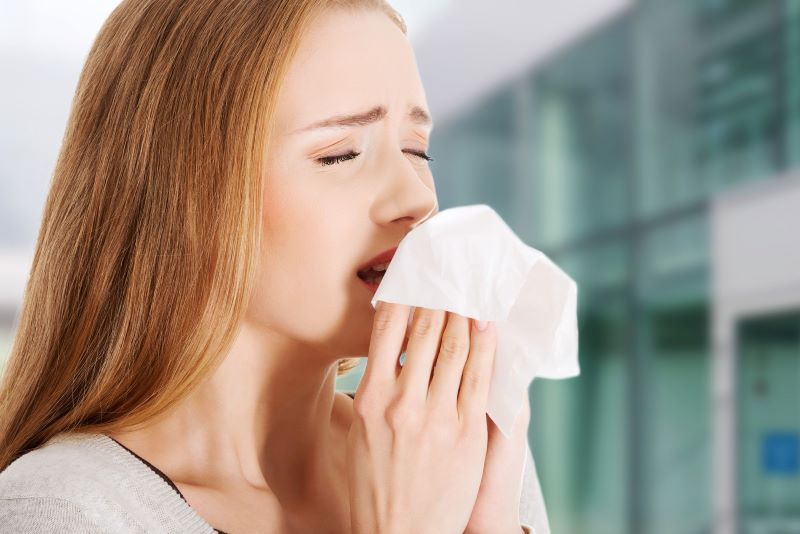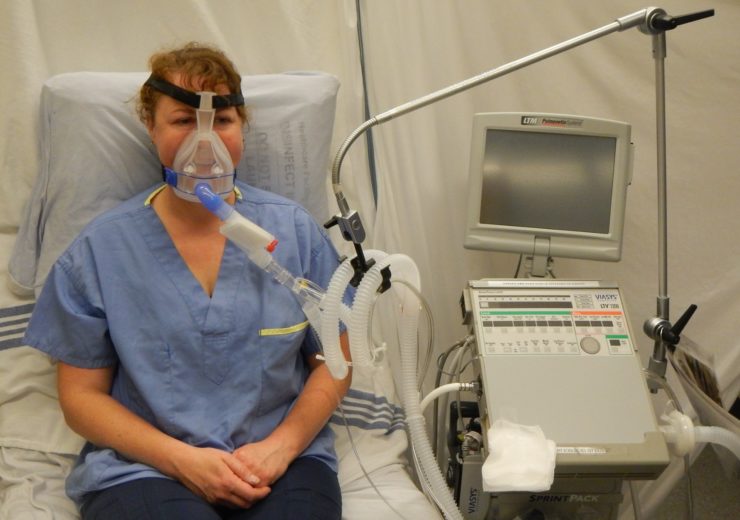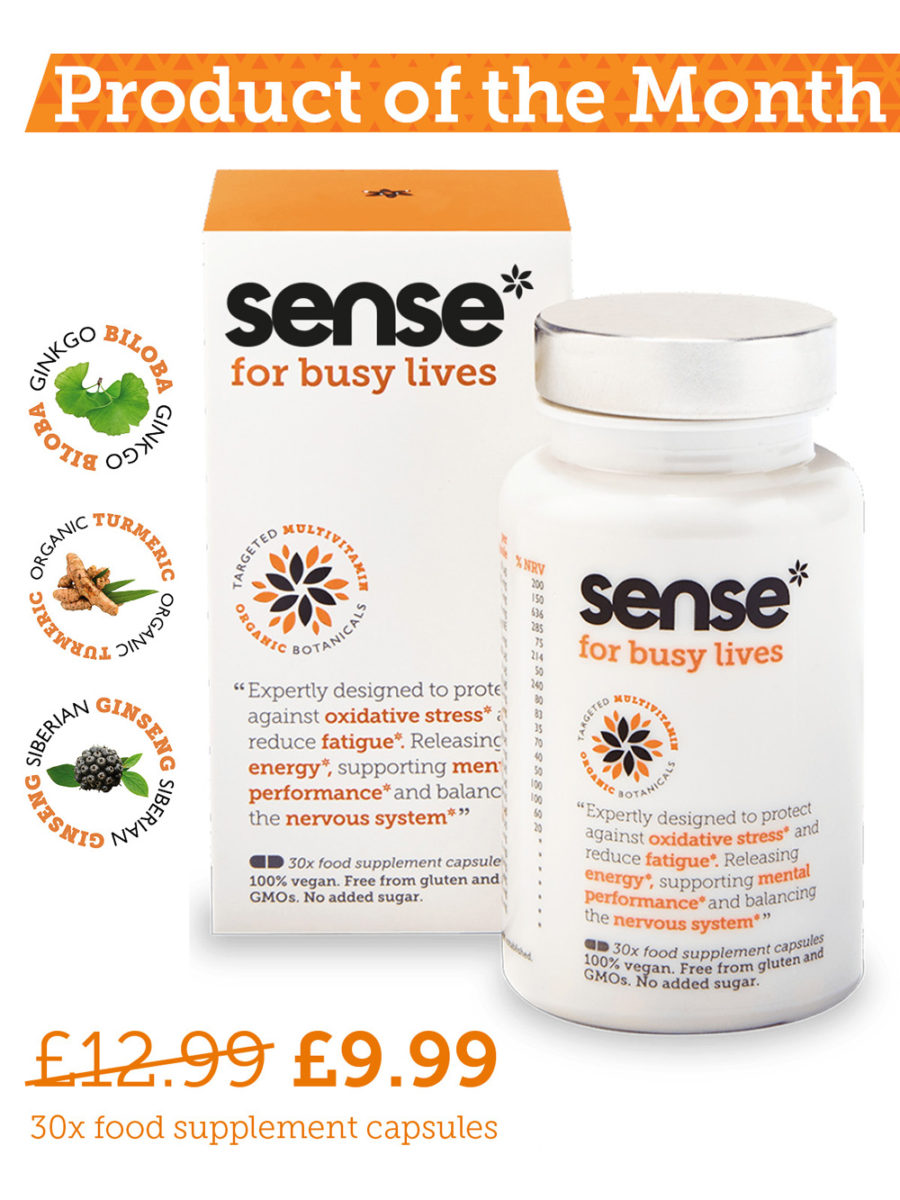
By Joan Ebsworth, guest writer for sense*, biologist and mother of sense* Founder, Jonathan on the immune system going wrong, part 4 of her review of the immune system.
Immune System is Flavour of the Month
Most of us go through each day and we never think about our immune system going wrong. Even if we have an infection of some sort –we don’t think about it.
We have a bit of a fever for a few days and then we get better.
However, today, everyone is talking about their immune systems, it seems.
Most people think that it is either working properly or it isn’t. But that isn’t quite true, the immune system going wrong is more complicated.
The immune system can either under-perform (which is not good) or it can over perform (also not good). Or it can be in balance and do its job correctly – protecting us from invaders of many sorts.
Auto-immune conditions- over performance
If you should be unfortunate enough to have developed an auto-immune disease then the “immune system going wrong” will most definitely have come into the conversation before now.
Particularly those you have had with your doctor. No doubt immune suppressing drugs will have been prescribed eg steroids, cyclosporine.
My son, Jonathan has had various flare ups of something called Uveitis which you can read about in his Gut Health story.
Why are such drugs needed? Because your immune system will be out of control or over-active, harming your own body, sometimes in life-threatening or life-changing ways. So it needs to be held back or suppressed.
That still doesn’t mean that you, as an individual, will suddenly want to know lots more about how your immune system works. Medications will keep it under control – you hope.
They did for my son and it took him two or three bouts to learn about the root causes. He changed his diet, the disease went away and he came off the drugs doing him long-term harm.
See also my earlier article about Food and Immunity.
Under-performing immune system
So, how would you know if your immune system is going wrong by under performing ?
Do you have frequent colds?
Maybe one or even two a year is “normal” – but more frequent viral infections are not.
Do you find that your skin doesn’t heal as quickly as it should?
Cuts don’t heal up, bruises don’t disappear as rapidly as they used to.
Your energy levels are always low.
You don’t jump out of bed or can’t get off the couch. Everything is a bit of an effort.
Over-stressed
You seem constantly stressed about something or everything –all or a lot of the time.
Sleep
You can’t sleep or you are sleeping too much
They can all be indicators that all is not well.
My Home Study Project
The Covid 19 pandemic started me off wanting to understand the system a little bit more, about a month ago now.

It has been both fascinating and frustrating and too bitty. I just wasn’t pulling it together as I wanted to.
I thought that as a biologist I knew a bit already – but I really knew very little and I still feel that I am at a very basic level. But there again, I also feel our understanding of the immune system is also at a basic level. But I do know much more than I did previously – which is a step forward.
My own immune system
I thought that I was pretty healthy and had a balanced immune system – but it seems from my research that I am wrong. When I started to go through the factors, some realisations occurred to me.
My reactions to pollen and dust and other allergens show that I have work to do to put my own house in order.
As a child I survived living in a house (9 of us) where my sister had diphtheria, later polio and finally tuberculosis(TB). Sadly she died of TB aged just 19 years old.
Not one of us in the family ever showed signs of any of these infections. So, why was Jean’s immune system compromised? Hence all of these infections over a period of 8 years? Why wasn’t anyone else’s?
There were no antibiotics or vaccinations back then, so you really were highly dependent on those immune cells within, protecting you.
Maybe she helped the rest of us to gain an acquired immunity – our cells being able to recognise her pathogens – so that we were protected – a sort of natural vaccination. I don’t know.
The important parts of the immune system
What I hope that I have learned is the fact that it is the lymphatic system which is the key to our protective mechanisms.
The bone marrow is part of it all and makes red blood cells – which are carried around the body in a system of arteries, veins and capillaries transporting oxygen to every cell.
Releasing energy from our mitochondria, thousands of which are found in every cell, and then carrying away carbon dioxide to the lungs for excretion.
The bone marrow contains the stem cells which also make white blood cells – such a vital part of the immune system set up of which more later.
It also manufactures platelets which enable our blood to clot if we injure ourselves.
So healthy bone marrow is vital
But it is the actual lymphatic system, a network of tubules (with its lymph glands), the thymus, the spleen and tonsils (which are all types of lymph glands).
Colourless lymph liquid bathes every cell in our body and carries in it more white cells – both leucocytes and lymphocytes – ready to protect us from invaders. They are constantly moving around the body to do so.
Exercising helps the immune system going wrong
Exercising helps to keep that circulation going – both blood and lymph.

There are so many names for all of the different cells – and they all carry out different roles. T-cells, B-cells, NK cells, cytokines, antibodies, antigens as I have explained in my earlier article where you can see a full list. It just goes on and on – and they all have their jobs to do.
Is it little wonder that things go wrong from time to time? It is so complicated!
We can help to keep it on the straight and narrow – particularly through all of the lifestyle choices that we make –our diets in particular. How these lifestyle choices affect the immune system are discussed in my previous article.
Fasting is also great to prevent your immune system going wrong
What I have discovered more about today is the interesting role that fasting can play in helping our immune systems along the right path.
Diet, exercise, good sleep patterns, reduced stress, no smoking, reduced alcohol and now FASTING!
Most at this point will ask if life is worth living! Particularly if you like your food.
Believe me – when you make the changes to fast occasionally and have more energy — then you truly will know that it all makes a lot of sense.
I have practised intermittent fasting for some time. But after listening to Dr David Jockers and his Intermittent Fasting Challenge I shall be slightly more strict with myself as the physiological benefits seem to be huge.
So, how and when do I eat? I have a window of time for eating food.
I usually breakfast at about 9am and then I have my main meal between 3 and 4 pm. That is it.
However, I have been naughty and I often nick a fat bomb out of the fridge or a nut ball when I feel a bit peckish, up until about 7pm.
That is going to change. From here in I shall only have water up until 8pm (I don’t want to be getting up to spend a penny during the night).
Dr Jockers stresses satiety at a meal – not stuffing yourself and certainly not under eating. So in reality I go for around 16 to 17 hours without food.
The benefits in terms of energy, your immune system and autophagy (amongst other things) are enormous.
Two Principal Suggestions
At 81 I certainly have plenty of energy – so that is a positive. I am up at 6.30am to let out the dogs and only sit down to eat, read or watch the odd TV programme.
If you want to do just one thing for your immune system today, my first suggestion is always to cut out all processed foods – and I mean ALL. But if you are not ready for this yet, my second thing would be intermittent fasting.
This involves going without any food overnight for at least 14 hours and eating at least 3-4 hours before going to bed. Again here is the Intermittent Fasting Challenge from Dr Jockers.
Good luck .
This is not a sense* article. The views expressed in this article are those of the author so there may be opinions or statements in this article that are not approved by sense* and do not represent the views and opinions of the company.

